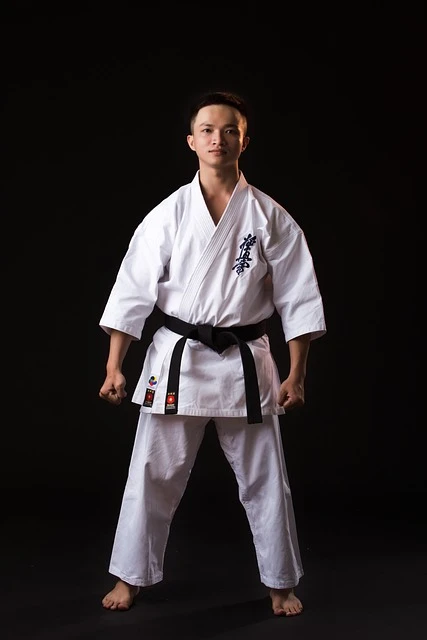Martial arts training offers numerous benefits for children, including discipline, physical fitness and confidence. However, parents often wonder when to start martial arts training for their kids. Let’s look at the ideal ages for starting martial arts training based on research my professional experience, its benefits and challenges and provide guidance for parents.
Quick Links
Benefits of Early Martial Arts Training
Starting martial arts training early can have a profound impact on a child’s development. Some benefits include:
- Early Physical Development: Basic punches and controlled movements enhance motor skills, coordination, balance and strength.
- Introducing Discipline and Routine: Martial arts instill the value of following instructions and maintaining focus.
- Confidence-Building: Achieving small milestones fosters a sense of accomplishment.
Challenges for Toddlers
While early martial arts training has benefits, there are challenges to consider:
- Attention Span: Younger children (below five years) may lack the attention span required for traditional martial arts classes.
- Developmental Stage: Activities should prioritize fun and movement over strict techniques.
General Guidelines for Martial Arts Training by Age

Below Five Years: Developmental Focus
- Running and Jumping: Enhance physical coordination and stamina.
- Basic Movements: Introduce simple exercises to develop muscle memory.
- Energy Management: Allow kids to expend energy in a structured environment.
Age Five and Above: Structured Training
- Learning Techniques: Basic punches, kicks and forms.
- Discipline and Respect: Following rules and respecting instructors.
- Confidence-Building: Achieving milestones fosters a sense of accomplishment.
Flexibility for Each Child
Each child develops differently. Some may thrive in formal training earlier, while others need more time to adjust.
Parental Role in Early Training
Parents play a crucial role in the success of early martial arts training:
- Observe Readiness: Look for signs like interest in movement, ability to follow instructions and willingness to participate.
- Choose the Right Class: Opt for classes focusing on fun, development and social skills.
- Encourage but Don’t Pressure: Let your child explore their interest naturally.
Why Starting Young Matters
Introducing martial arts at an early age significantly impacts a child’s development. The focus on physical activity, discipline and routine prepares them for life challenges.
Finding the Right Balance
While the optimal age for starting martial arts varies, five years old is a great starting point for training. For younger children, developmental programs emphasizing movement and energy management are recommended.
By starting martial arts early in a supportive environment, children gain physical skills, confidence and discipline to navigate life successfully.
Additional Tips for Parents
- Research Local Martial Arts Schools: Find schools with experienced instructors and age-appropriate classes.
- Set Realistic Expectations: Understand that martial arts training is a journey, not a destination.
- Be Involved: Attend classes, provide feedback and support your child’s progress.
Frequently Asked Questions
- Q: What is the best martial art for kids?
A: The best martial art for kids depends on their interests, age and abilities. Popular traditional options include Karate, Taekwondo, Kung Fu, Judo Capoiera, Krav Maga and Brazilian Jiu-Jitsu. - Q: How often should my child train?
A: The ideal training frequency depends on age and skill level. Typically, 2-3 times per week is recommended for kids. - Q: Will martial arts training make my child aggressive?
A: No, martial arts training emphasizes discipline, respect and self-control, reducing aggression.
By following these guidelines and tips, you’ll help your child embark on a rewarding martial arts journey.
Watch the clip on YouTube here: https://youtube.com/shorts/HSuL_nImnq4